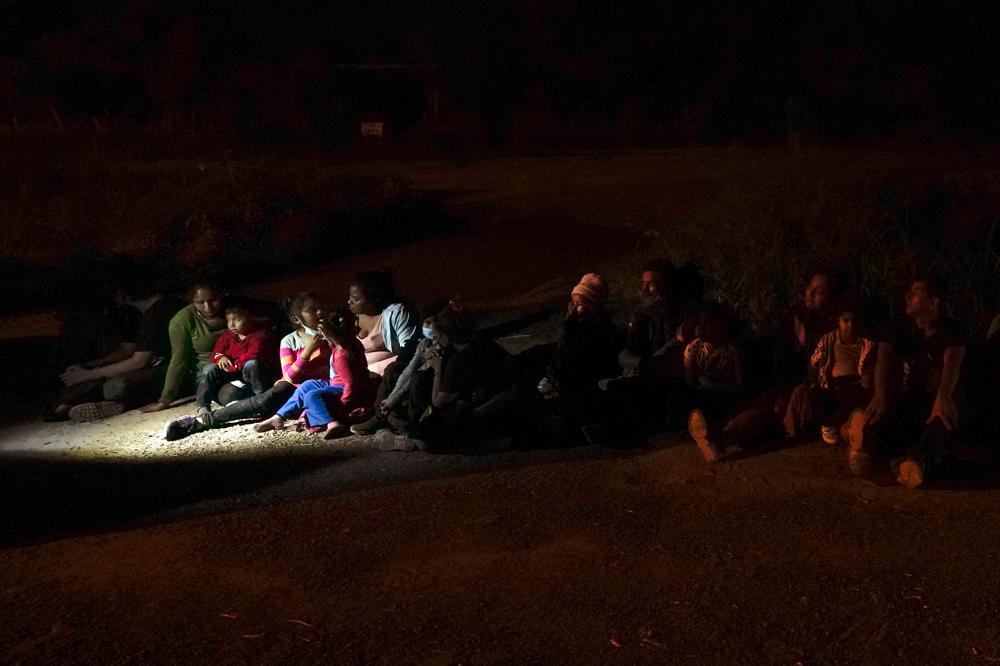
REYNOSA, Mexico — A revived Trump-era policy to make asylum-seekers wait in Mexico for hearings in U.S. court is reviled by immigration advocates and repudiated by the Biden administration, which acted under a judge’s order. Asylum hopeful Alexander Sánchez of Venezuela has a more favorable view.
“There is no other way to cross legally and, for that reason, I think it’s good,” he said at a migrant shelter in Reynosa, a Mexican border city where he has been living for nine months with his wife and their 5-year-old daughter.
Sánchez’s optimism reflects the desperation of migrants who have seen asylum shut down under U.S. restrictions that deny humanitarian protections on grounds of preventing spread of the coronavirus, another Trump-era policy that the Biden administration supports.
The U.S. returned its first asylum-seekers from Brownsville, Texas, starting Jan. 25, under its “Migrant Protection Protocols” policy. It was barely noticed — the latest step in a slow-moving rollout across the border to make asylum hearings available to migrants who wait in Mexico.
U.S. authorities expelled migrants more than 1.5 million times without an opportunity to claim asylum since March 2020 under the pandemic restrictions known as Title 42 authority, named for a 1944 public health law. In December alone, they were expelled nearly 80,000 times.
Walter Alexis Beltrán said staying at a camp of some 2,000 migrants in Reynosa’s central plaza with his wife and 4-year-old daughter was better than living at home in El Salvador. The optometrist charges 25 cents to charge migrants’ phones with a battery he purchased with his last savings.
Beltrán has been living at the camp for four months, disappointed that U.S. authorities sent him back to Mexico under Title 42 authority without a chance to make his case for asylum. He said he paid a smuggler $4,500 to reach the U.S. from Mexico.
“MPP has advantages and disadvantages,” Beltrán said amid a labyrinth of tents. “The disadvantage is that it’s dangerous here.”
Their hopes may be misplaced. Less than 1% of claims were granted among more than 70,000 people in MPP from its launch in January 2019 to when President Joe Biden suspended it on his first day in office a year ago, according to Syracuse University’s Transactional Records Access Clearinghouse. About half were pending and the rest denied or dismissed.




